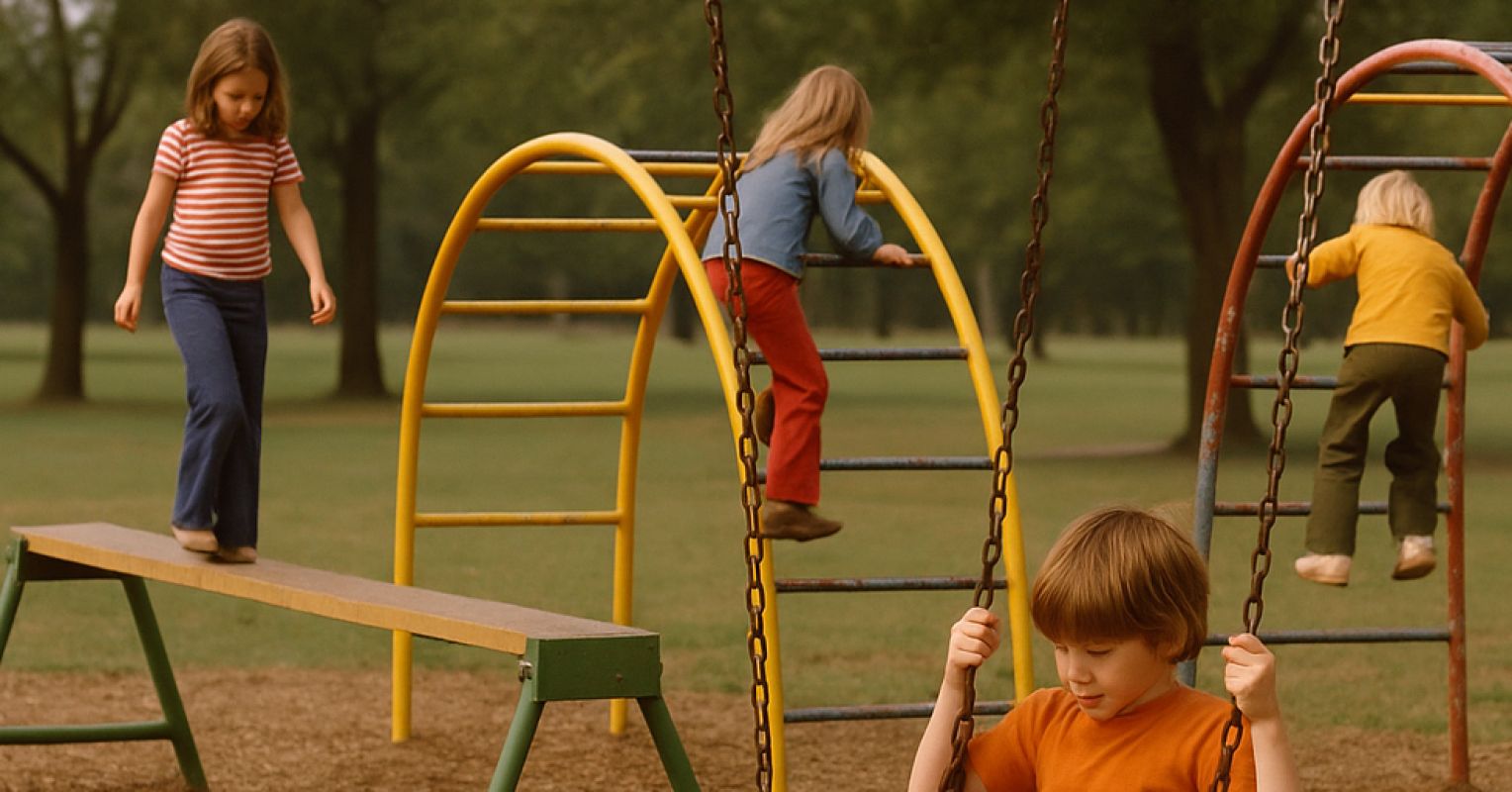
"Childhood anxiety has been on the rise. Our instinct as parents is often to get more involved. But what if that's part of the problem? The statistics are grim. According to the Centers for Disease Control (CDC), among U.S. adolescents ages 12 to 17 surveyed between 2021 and 2023, 20% reported symptoms of anxiety in the past two weeks, and 18% reported symptoms of depression. In 2023, almost 40% of high school students reported experiencing persistent feelings of sadness and hopelessness"
"What should be good news is that psychotherapy is more accessible and ubiquitous than ever. Especially among young people. But mental illness, self-harm, and suicide have continued to rise even as more young people seek therapy. And standard psychotherapy can sometimes exacerbate some mental health issues: Not only can a constant focus on our own thoughts and feelings lead to self-preoccupation, talk therapy can devolve into venting. Research indicates that venting makes people feel worse, not better"
Childhood anxiety and depression rates among adolescents have risen sharply, with significant percentages reporting persistent sadness, poor mental health, suicidal ideation, and suicide attempts. Psychotherapy has become more accessible, yet mental illness, self-harm, and suicide continue to increase. Talk-focused therapy can worsen problems by promoting self-preoccupation and venting, which research links to feeling worse. Exposure therapy in cognitive behavioral therapy effectively treats anxiety by gradual confrontation of fears, but clinicians seldom use it. Alternatives like 'trojan horse exposures' and allowing children freedom to fail foster growth through risk, failure, and recovery. Daily independence activities for children reduced anxiety and avoidance, with treatment effective in five sessions.
Read at Psychology Today
Unable to calculate read time
Collection
[
|
...
]